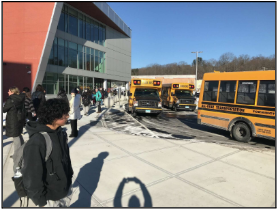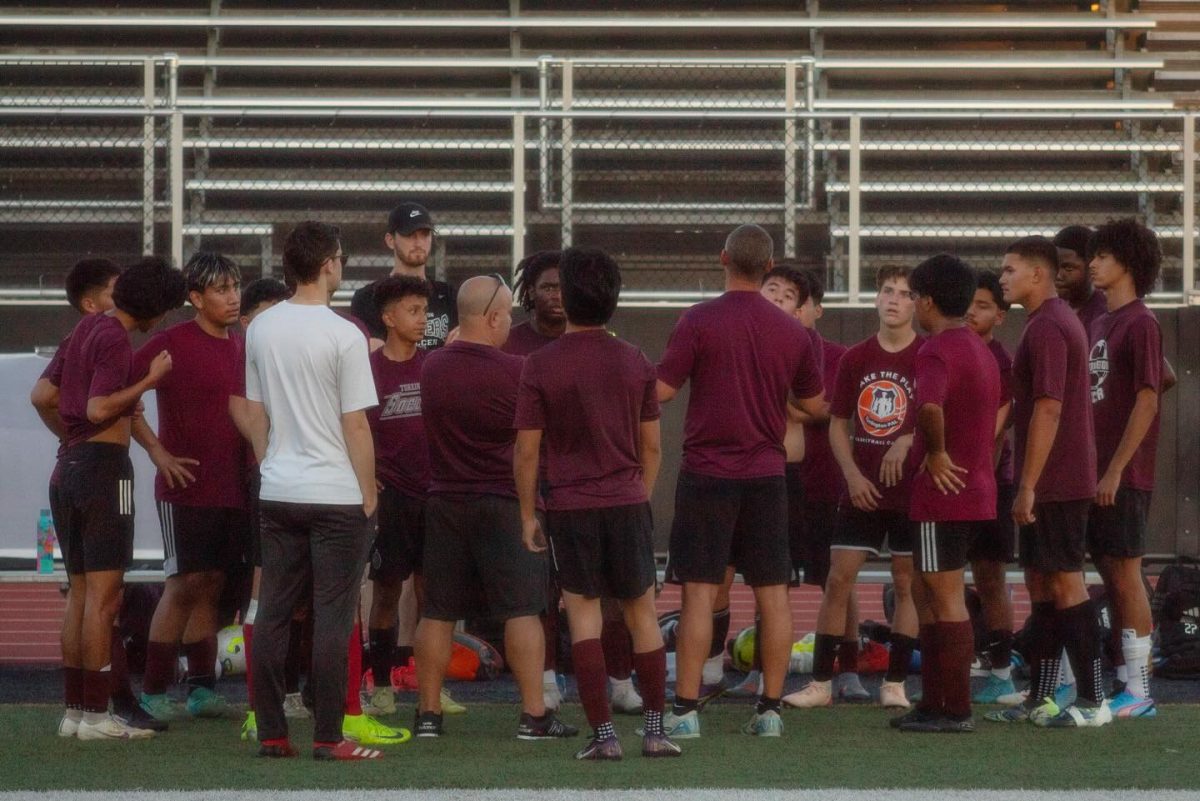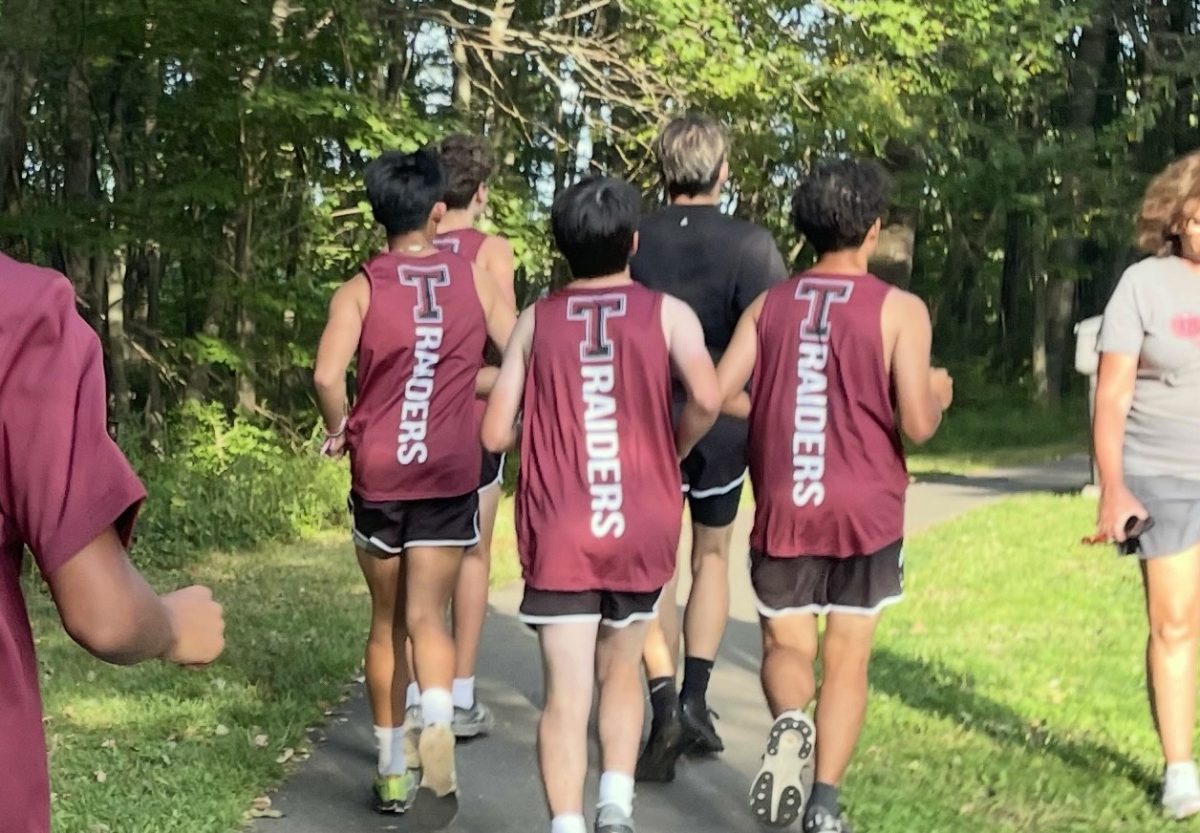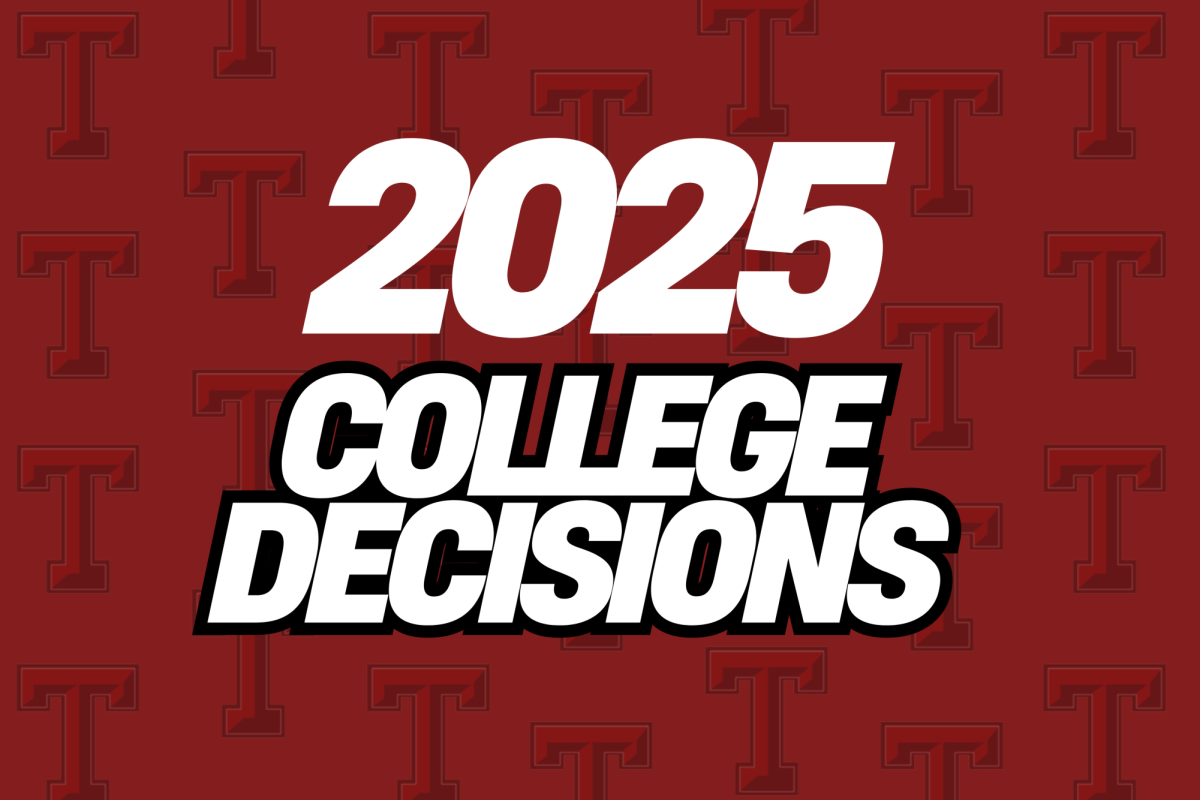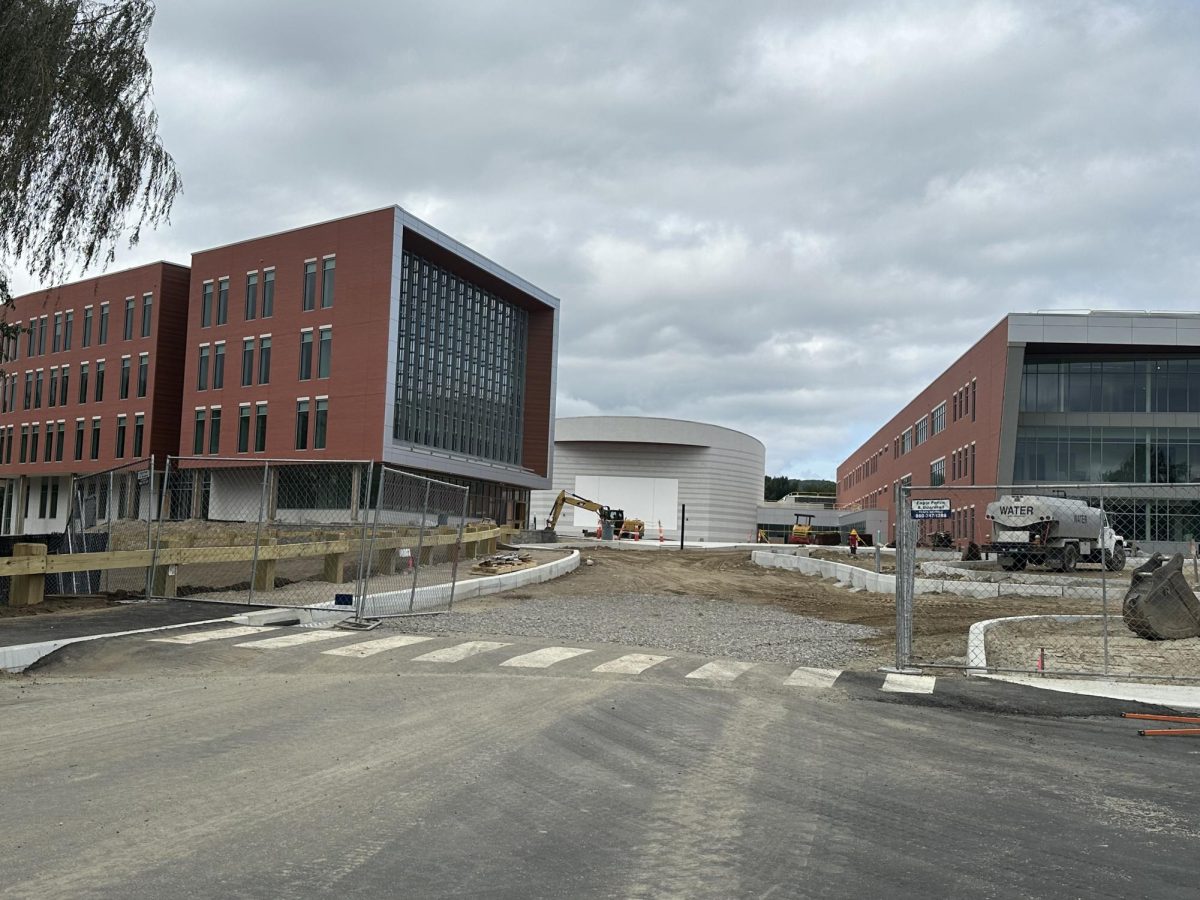Alycia Rivera is a current junior at Torrington High School. She’s the treasurer of her school’s Black Student Union Club and is currently striving for a higher position. She does outdoor track during the season and enjoys going out on a nice sunny day to throw. Her goals right now are to keep her grades in check while staying on top of her work. She wishes to upload many articles in protest of things she doesn’t like and in support of things she does. Outside of school, she spends her time playing video games, sleeping, and indulging in lots of tasty food.

There’s a classroom full of students, each one with multiple tabs open. As the teacher circles the room, every student frantically clicks out of their screens or turns their computers away. Why, you may ask? Why, it’s AI, of course.
In the classroom, in the job market, in college admissions – AI is everywhere. The useful tool has significant drawbacks that are only beginning to show.
The impact extends far beyond the classroom walls. It’s estimated that between 40% and 60% of advanced jobs will be affected by artificial intelligence. Two teens at THS recently lost their phone operator jobs at Pizza Express after the company switched to an AI answering system to save costs.
The experience has left both teens uneasy about what the future holds. “It’s given me the fear that if it [AI] can take my simple job, then it can take more important jobs for others and even crucial STEM jobs in the future,” junior Samira Grano de Oro said.
Her response is a valid cause for concern. According to a 2023 Goldman Sachs report, AI could replace up to 300 million full-time jobs globally, with nearly half of all clerical and administrative roles at risk in the next decade.
But it’s not only jobs that are at stake. As students, many have turned to AI to write essays, solve math problems, or brainstorm ideas. What might seem like a harmless shortcut can also take away critical learning opportunities. Teachers have begun to notice a drop in students’ writing stamina and originality.
“When you let the computer do the thinking for you,” one THS English teacher noted, “you lose the very skill that school is trying to build – your individuality.”
AI may be convenient, but it can also widen gaps between those who know how to use it responsibly and those who don’t. As technology keeps advancing, students and adults are left asking the same question: if AI keeps getting smarter, what’s left for us to do?



